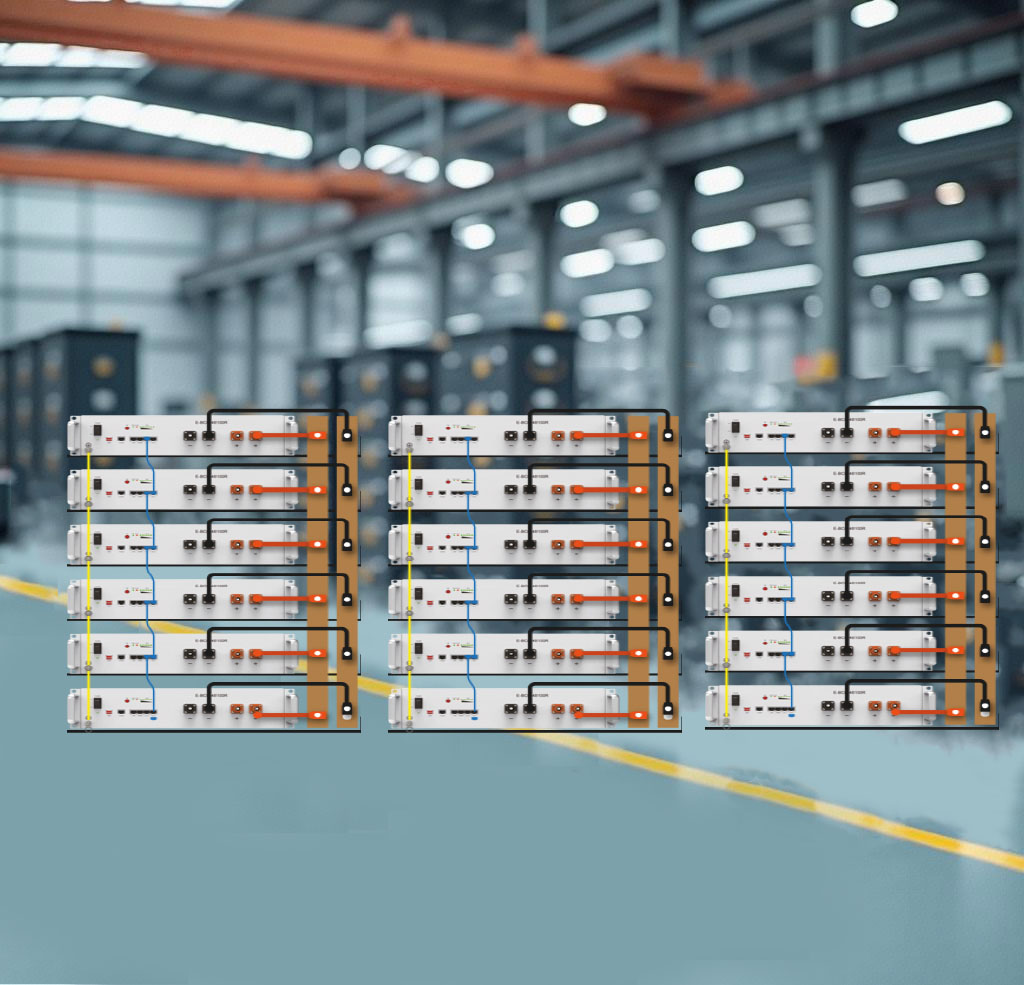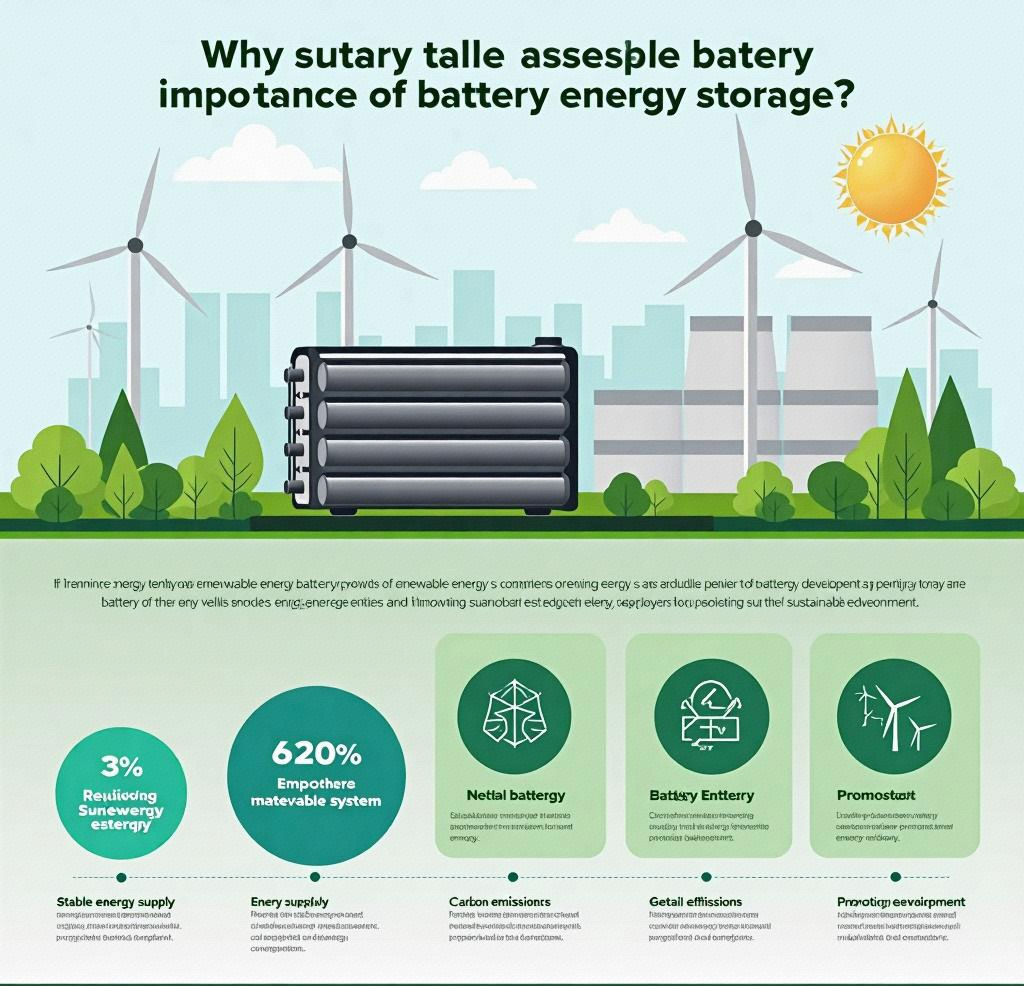While often used interchangeably, a battery and an energy storage system (ESS) are distinct components in modern power management. Understanding their differences is essential for selecting the right solution for residential, commercial, and industrial applications.
A battery is a standalone device that stores electrical energy in chemical form and releases it when needed. It consists of cells containing electrodes and electrolytes that facilitate energy conversion. Lithium-ion batteries, such as those used in Hicorenergy’s products, offer high efficiency, long lifespans, and fast charging capabilities, making them ideal for applications requiring reliable energy storage.
An energy storage system (ESS), on the other hand, is a complete integrated solution that includes batteries along with a battery management system (BMS), inverters, controllers, and software for monitoring and control. ESS solutions optimize energy usage, enhance safety, and improve performance by regulating charging and discharging cycles.
The key distinction lies in functionality. A battery is a component within an ESS, while an ESS is a sophisticated system designed for broader energy management. For example, Hicorenergy’s I-BOX 48100R is a high-performance lithium battery, whereas the Si LV1 and Si Station 230 are full ESS solutions that incorporate batteries, monitoring systems, and scalability features for various applications.
Energy storage systems are essential for maximizing renewable energy use, stabilizing the grid, and providing backup power. Whether for residential or industrial use, ESS solutions offer enhanced efficiency and control compared to standalone batteries. As energy demands grow, advanced ESS technology will play a vital role in enabling a more sustainable and resilient energy future.

